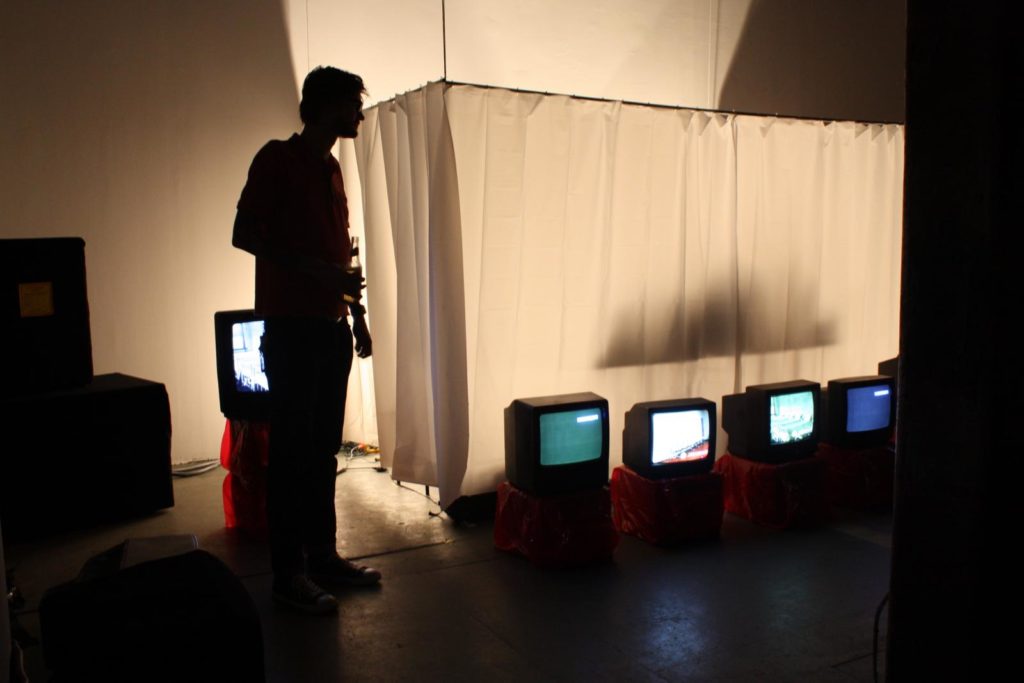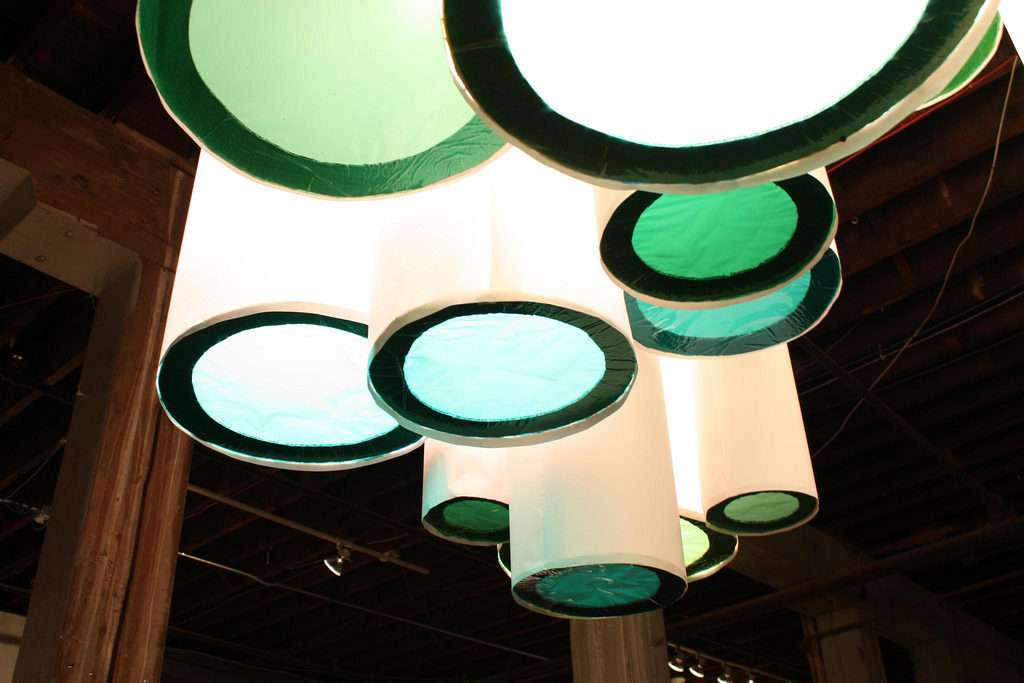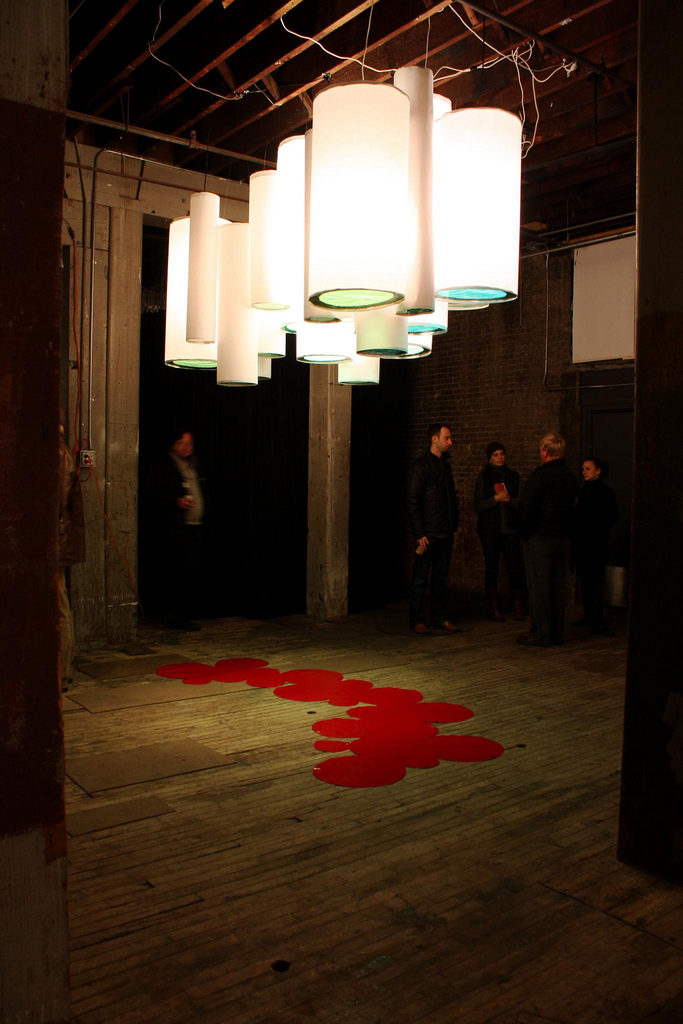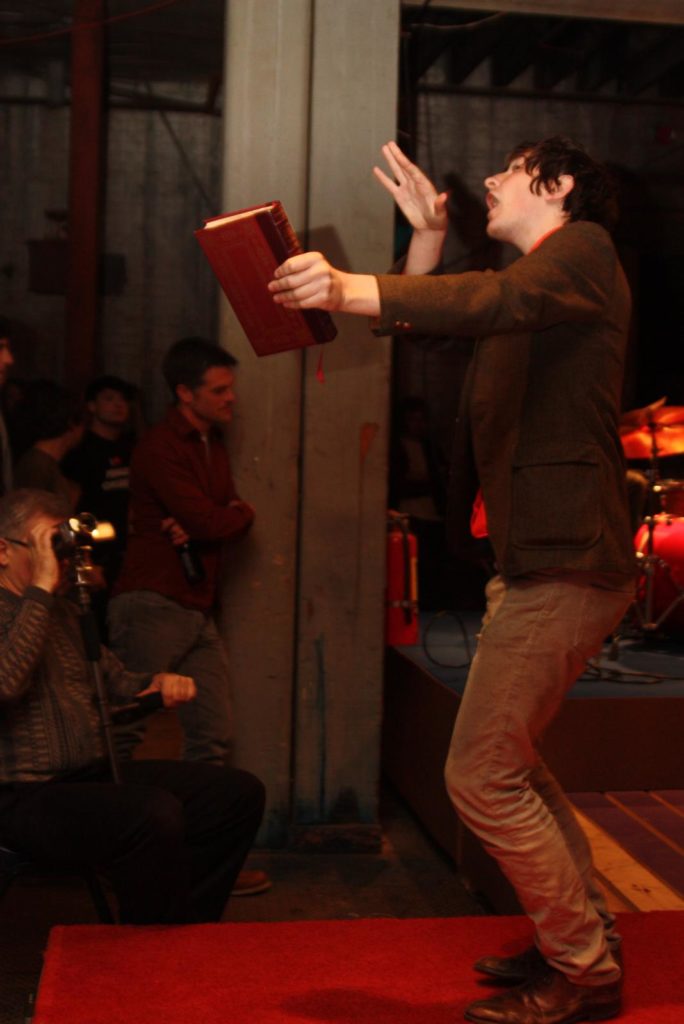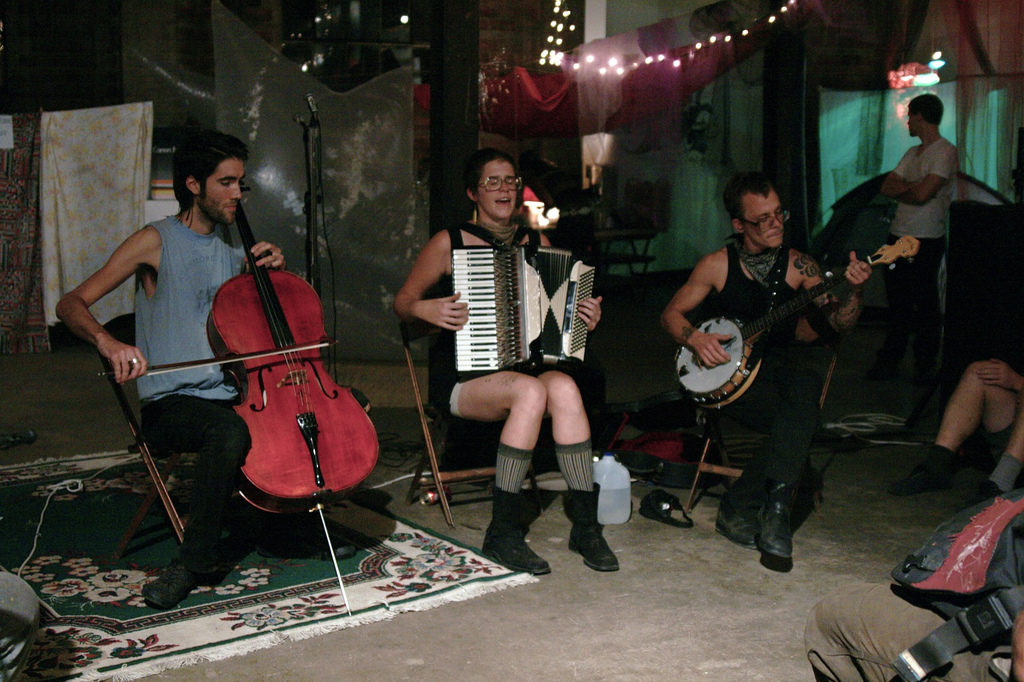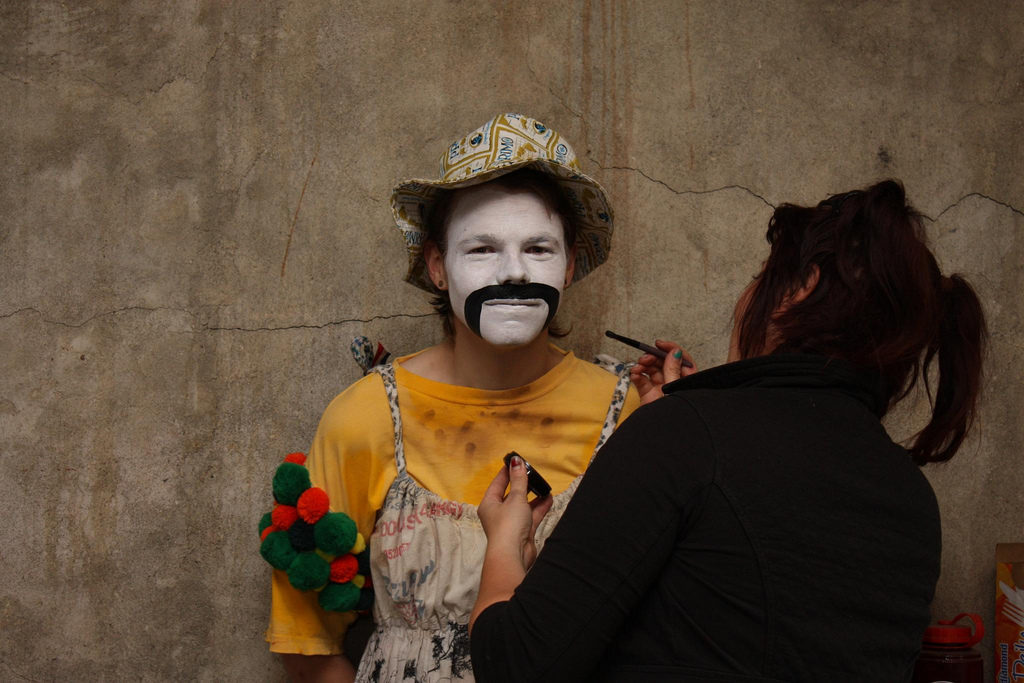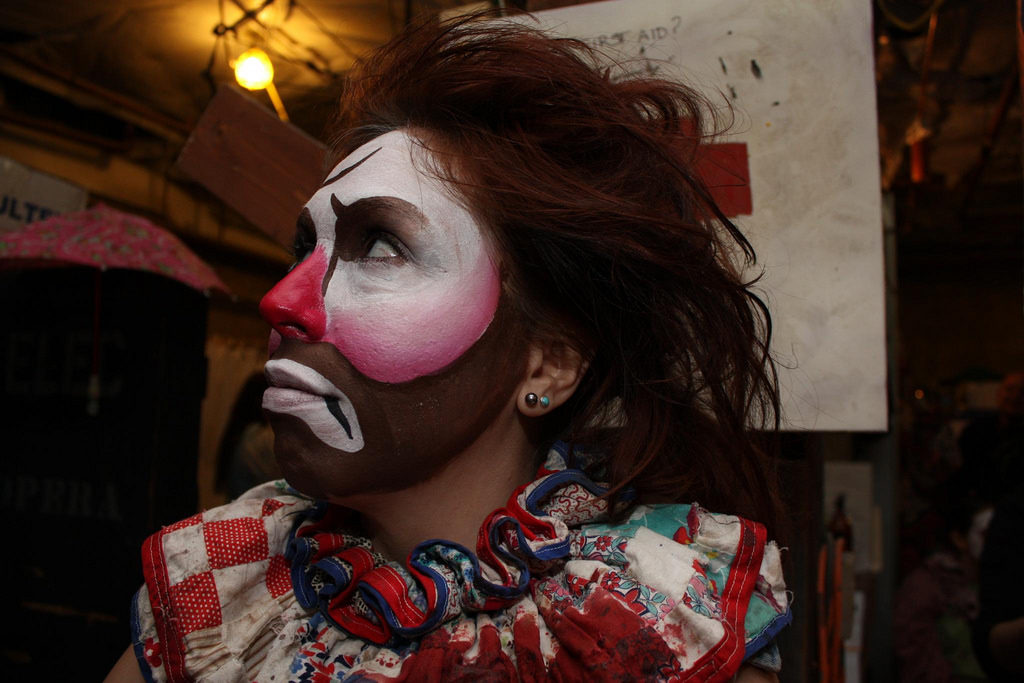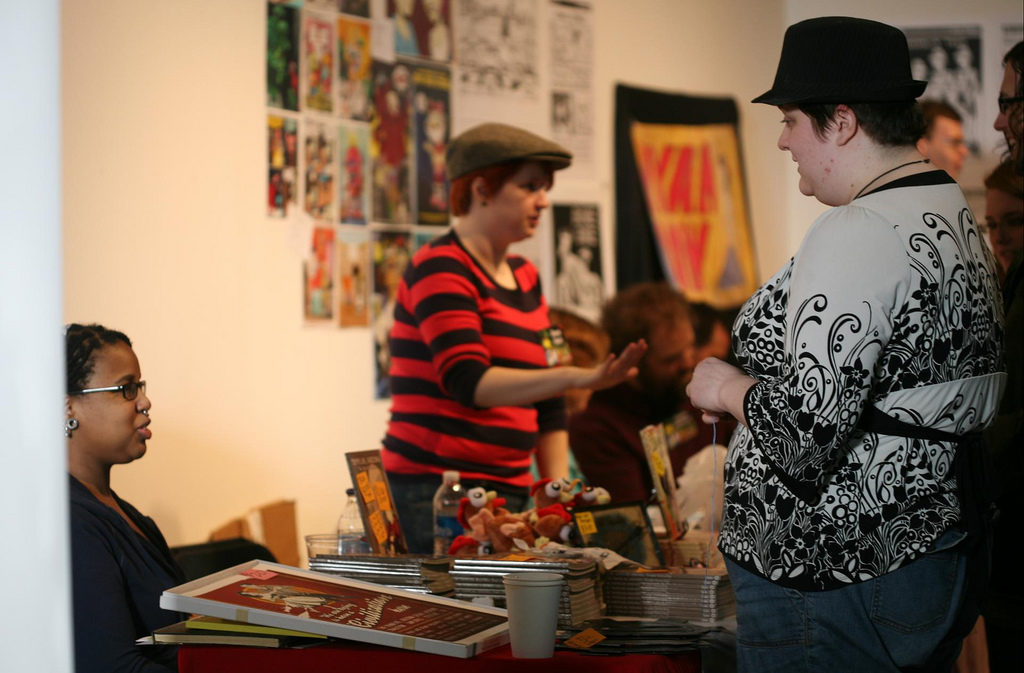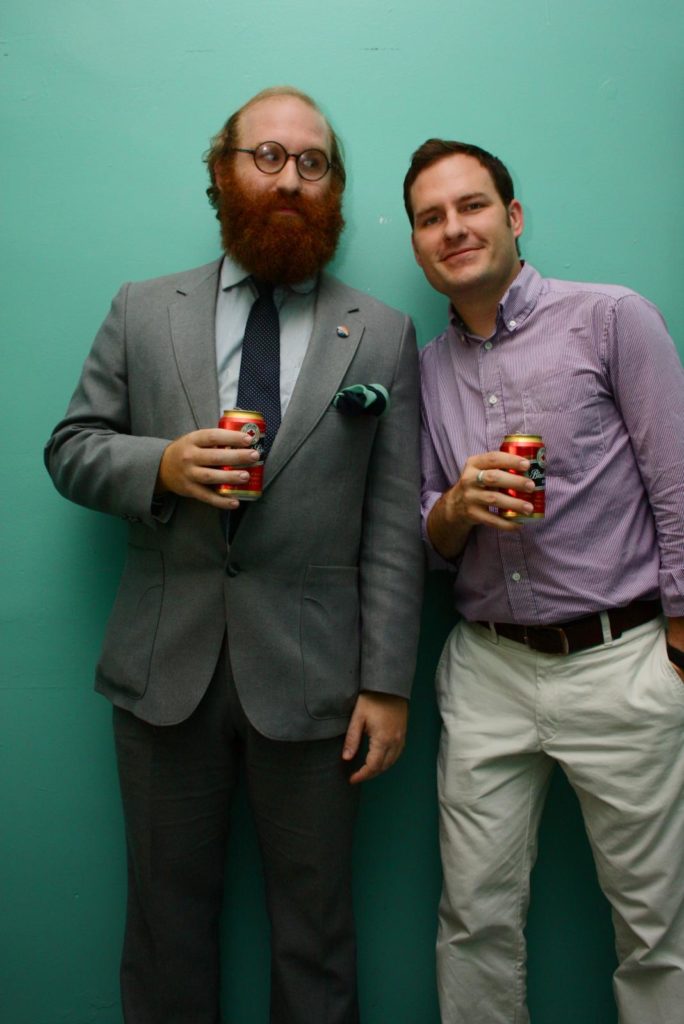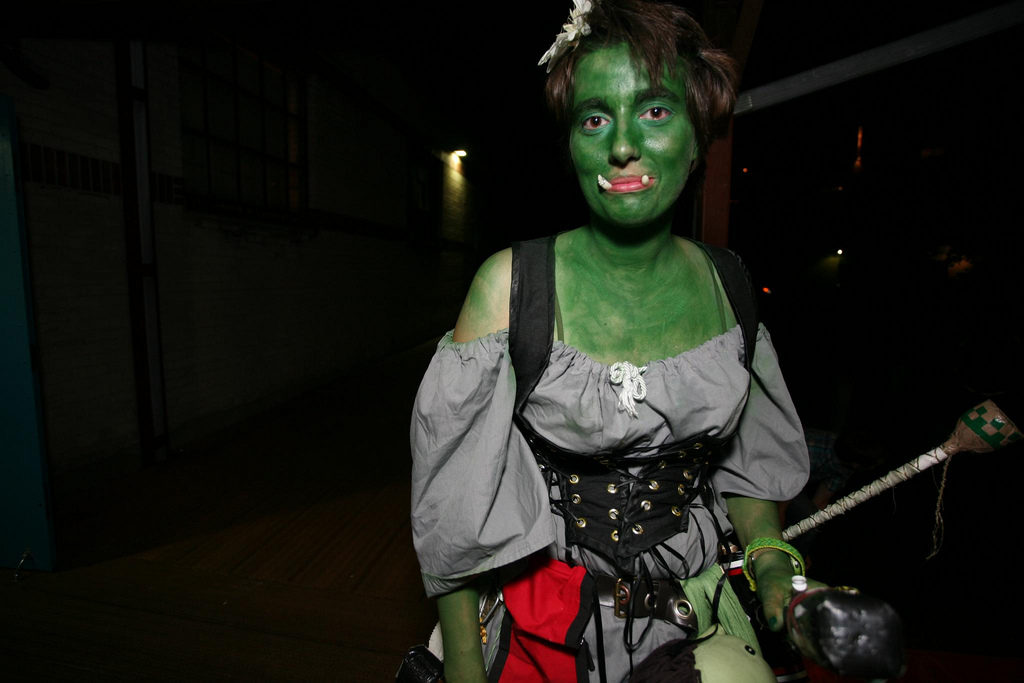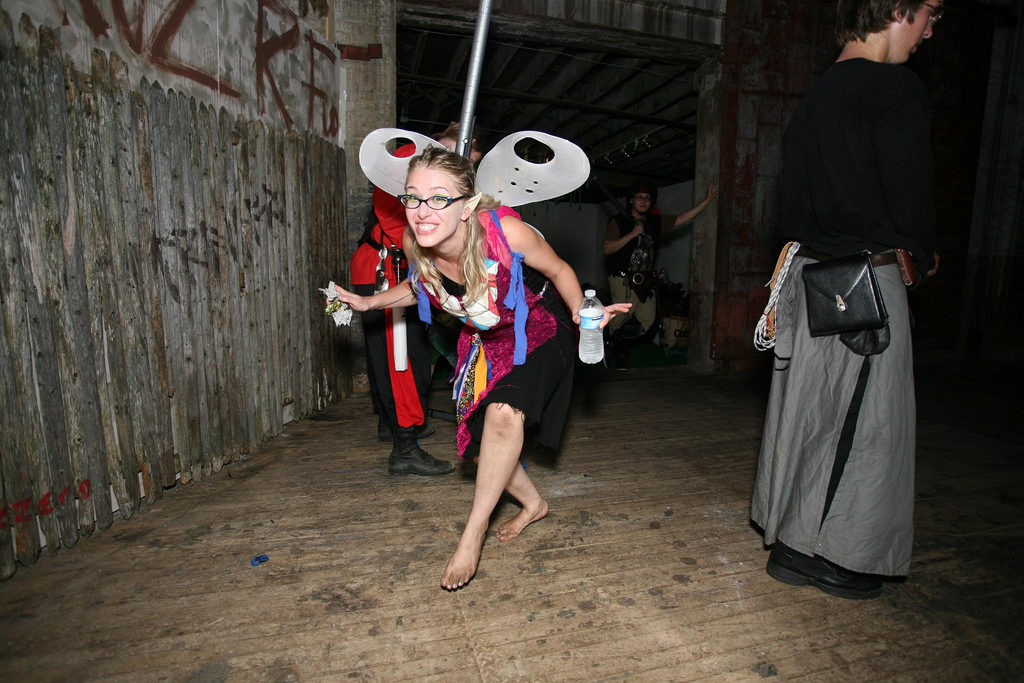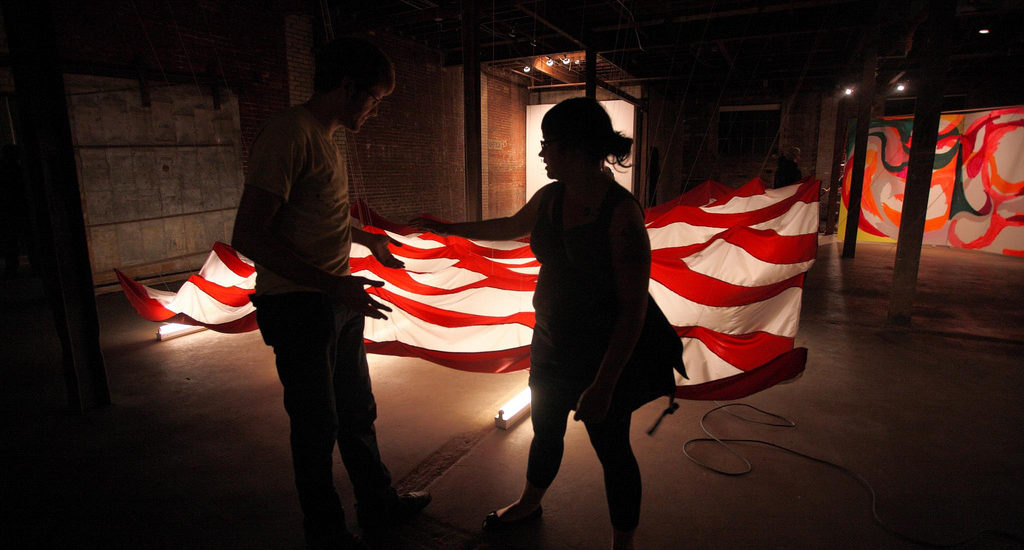More grim news for the local Twin Cities art scene. This time it’s my beloved Soap Factory on the chopping block. This space has been important to me over the last 20+ years. In the 90s my first visits involved the minimal 4th of July events. I recall local video artists projecting their works and instrumental/noise bands. Over the years I experienced such a wide range of events there. I photographed my friends’ wedding and reception there, watching their family and friends navigate around some particularly large sculpture installations that resembled the Great Pacific Garbage Patch. Another friend’s memorial service was held at the Soap Factory, after his untimely passing at the age of 43. Over the years I’ve taken my son to many art openings there, as well as the Minneapolis Indie Xpo, Northern Spark and even a LARP event. I have fond memories of photographing Haunted Basement actors getting into makeup and watching John Carpenter’s The Thing upstairs with volunteers. I don’t want this magical space to be yet another casualty of the development boom. Across the country we’re bulldozing the special places out of existence to make room for more mediocrity.
This morning I heard the news first thing via Carl’s post about it:
Coupled with Intermedia’s sale, and the short-lived run of Creator’s Space in Saint Paul, we’re having a real moment when the rising value of real estate and construction around our longtime creative homes is making our work in those places untenable.
Also, thinking back to the week in October when both Art Shanties and NEMAA announced they were having significant funding shortfalls and curtailing programming, there’s something the about the ongoing challenge of arts spaces to survive when the value we generate (cultural activity, sense of identity, opportunity for engagement) doesn’t translate to cash.
There’s a lot that’s systemic around the way nonprofit arts organizations work that contributes, but also internal-facing questions, especially for orgs in that middle ground of not a scrappy startup anymore, but not a 100 year old behemoth. These orgs account for major parts of our cultural life and identity, but our situation can be so precarious. What are we doing to balance income streams so that we are not dependent on single grants? We put together major events that draw 30-40K people, what are we doing to better engage those people year round? What other income is out there?
But in the systems side, living and trying to thrive in late-stage capitalism, we need bigger questions and organized answers. How can we make housing more affordable? Where is the city fund to make up the cash gap of the value of goodwill? Where are the investors looking for cultural return and not 7%? Or more radically, what are the price controls around land? How could we be leveraging cooperative buying and freeholding models? What if we imagined the city as a living being and not as a speculative real estate deal?

